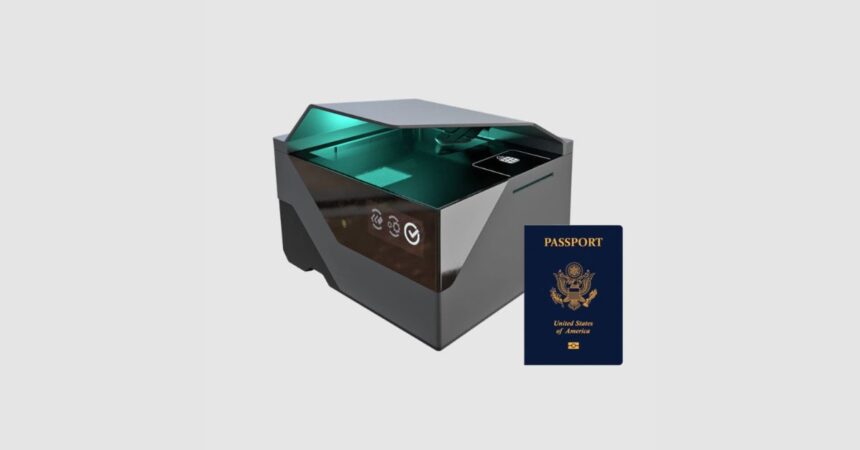In an increasingly digital world, the demand for efficient and secure identity verification solutions has never been higher. At the forefront of this evolution is Passport Scanner API, an innovative technology that leverages artificial intelligence to read and process data from passports and other identity documents – such as visas and ID cards – in less than a second. This rapid processing capability is revolutionizing the way businesses and organizations handle identity verification, providing not only speed but also security and accuracy.
The versatility of AI-driven solutions means that businesses can recognize identity documents from all over the globe. Whether it’s a passport from a traveler arriving at an airport, a national ID card from a local citizen, or a visa from a foreign guest, Passport Scanner API can seamlessly and accurately extract essential information. This ability to handle different document types from various countries eliminates bottlenecks in the customer service process, allowing organizations to cater to an international clientele without the need for extensive manual checks or cumbersome paperwork.
One of the most significant benefits of using AI-based document recognition is the enhanced speed at which customers can be served. Traditional methods of identity verification often involve time-consuming processes that can frustrate customers and lead to long queues. With Passport Scanner API, data is extracted at lightning speed, allowing businesses to expedite check-in processes, border control, and other identity verification tasks. This improved efficiency not only boosts customer satisfaction but also enhances operational efficiency, enabling organizations to allocate their resources more effectively.
Moreover, security is a paramount concern in the realm of identity verification. Users may worry about the safety of their personal information and the potential risks associated with data transmission over the internet. However, solutions built on Passport Scanner API prioritize user privacy and data security by ensuring that all recognition processes occur on-premise. This means that sensitive data does not need to be transmitted to external servers or third-party providers, drastically reducing the risks associated with data breaches and unauthorized access. The entire operation can take place within the secure confines of the organization’s infrastructure, providing peace of mind to both businesses and their customers.
Implementing Passport Scanner API is also an incredibly scalable solution. As organizations grow and their needs evolve, they can easily adapt and integrate this technology into their existing systems, making it a flexible choice for businesses of varying sizes and sectors—from airports and hotels to financial institutions and government agencies. With the ability to maintain high levels of performance regardless of demand fluctuations, organizations can rest assured that they are equipped to handle future growth without compromising on service quality.
Furthermore, the accuracy of AI document recognition systems has seen remarkable advancements. Passport Scanner API not only reads data but also verifies it against established patterns, ensuring that the documentation presented is legitimate and conforms to global standards. This automatic verification process significantly reduces the risk of fraud and identity theft, leading to safer environments for travelers and citizens alike.
In conclusion, Passport Scanner API represents a significant leap forward in the field of identity verification. By harnessing the power of artificial intelligence, organizations can process identity documents at unprecedented speeds, reduce waiting times, and bolster security—all while ensuring a seamless experience for users. As technology continues to evolve, harnessing solutions like Passport Scanner API will undoubtedly become an essential component in the toolkit of any organization striving for efficiency, security, and customer satisfaction in an interconnected world. As we look to the future, embracing such advancements will be crucial in navigating the complexities of global identification and ensuring a safer, more efficient world for everyone.

